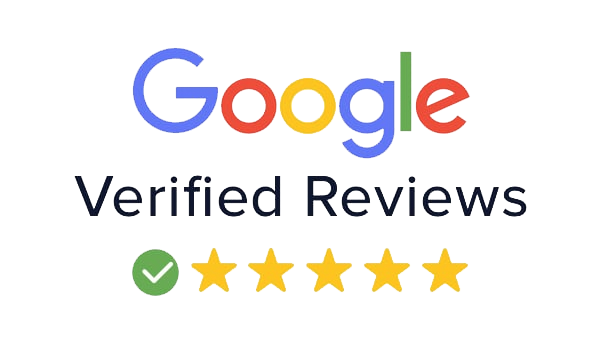Why Everyone Needs an Estate Plan
Financial planners know that most people need to have estate plans, no matter how much or even how little money they have, as explained in this recent article “I’m a financial planner, and there are 3 reasons everyone needs an estate plan no matter how much money you have” from Business Insider. An estate plan includes healthcare directives and identifies guardians for minor children in the event you and your spouse die unexpectedly. It also can be created to avoid your family from having to go through probate court.
Skipping this part of your overall financial and legal life could put you, your assets and your family members at risk. Estate planning is done to protect you and your loved ones. That’s just one reason why everyone needs an estate plan. Having an estate plan protects you while you are living.
An estate plan is more than just a will or a trust. The two most common tools in an estate plan are a will and trust, but that’s just the beginning. A will, or last will and testament, is the document that provides the instructions for your heirs and beneficiaries to follow after you die. Trusts are used to protect assets and enforce your wishes, after you’re gone. However, a good estate plan should also include these documents:
- An advance healthcare directive or healthcare proxy. These documents stipulate how you want to be treated, if you are alive but so sick or injured that you can’t provide directions. You may want to have a Do Not Resuscitate Order (DNR).
- HIPAA Release Form. This document allows your family to get your medical information and medical records.
- Powers of attorney. This legal document outlines who can represent you in legal, medical or financial matters, if you are not able to do so.
The right documents help avoid probate court. If you don’t have a will, any property or possessions must go through the probate system. Your documents and information about your assets become part of the public record and can be seen by anyone. Going through probate opens the door to litigation and disputes, which can further delay settling your estate. Having a will and the proper trusts gives clarity to heirs about what you want.
An estate plan protects your children. If you don’t have a will, a court names the guardian who will raise your children. Instead, decide who you would want. Make sure the person you want to care for your children will accept this responsibility. Trusts are a way to preserve assets for your children. The trust is managed by a trustee after you die and can stipulate specific rules and uses for the assets. For instance, you can provide a certain amount of money for the children, until they reach age 18. At that point, your trust could instruct the trustee to use the money for college expenses. You can be as specific as you wish.
Meet with an estate planning attorney familiar with the laws of your state. An estate planning attorney will know the estate and tax laws that apply to you and your family.
Reference: Business Insider (June 12, 2020) “I’m a financial planner, and there are 3 reasons everyone needs an estate plan no matter how much money you have”


